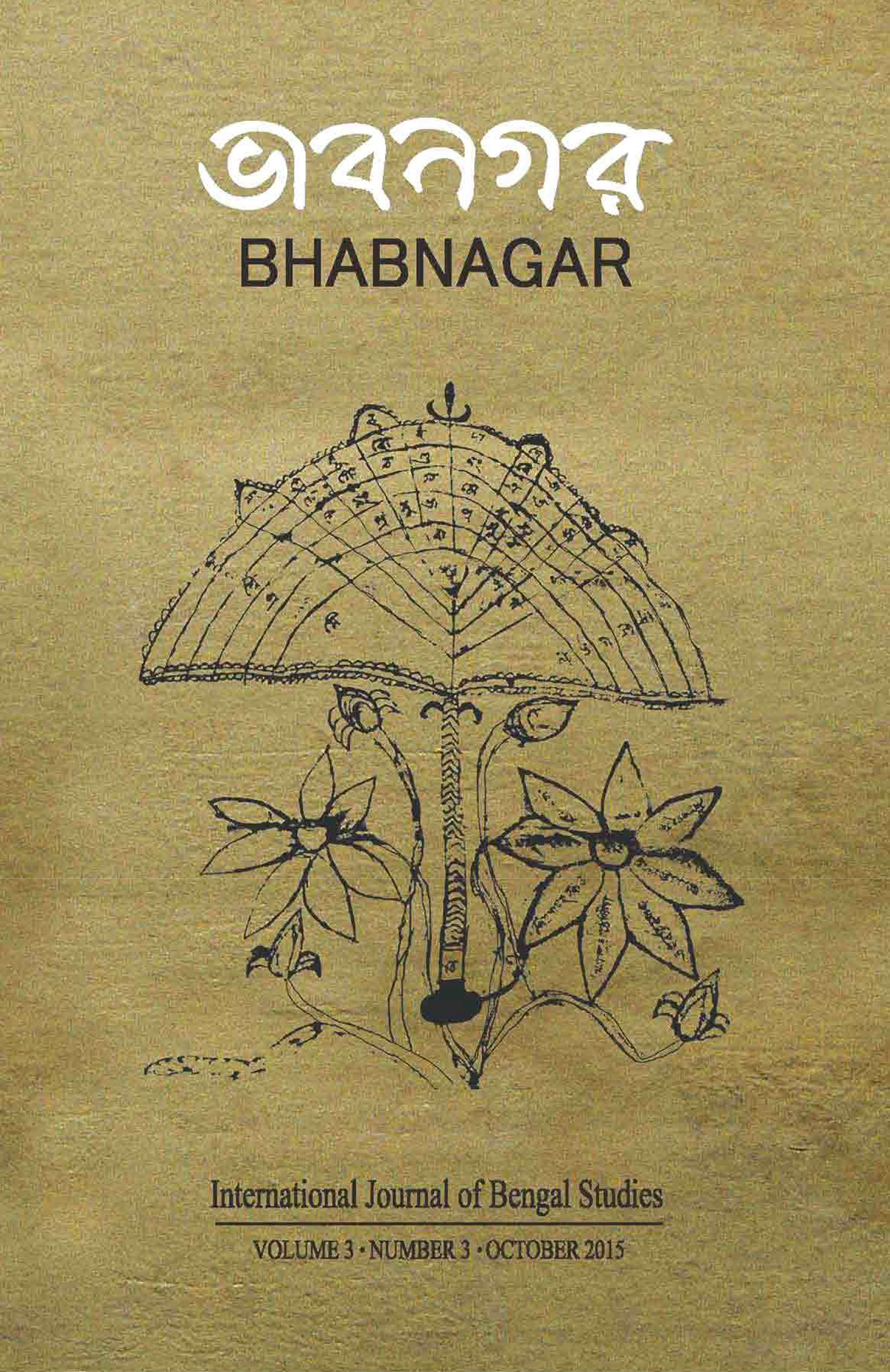বাংলার বাউল-ফকিরদের গুণকীর্তন ও অবমূল্যায়ন | Celebrations and Denigrations of Baul-Fakirs in Bengal
DOI:
https://doi.org/10.64242/bijbs.v3i3.3Abstract
This paper explores the ways in which Bengali Baul-Fakirs are imagined and celebrated by affluent audiences, for whom they form a powerful, if contested, sign of Bengali cultural heritage and identity. I argue that as Baul-Fakirs become increasingly important symbols in affluent Bengalis' constructions of identity; it is increasingly difficult for individuals to live up to idealized notions of what it means to be Baul-Fakir. More broadly, I argue that the celebration or ennobling of a low-status "folk tradition" by the affluent classes can be ultimately disempowering to the poor and working-class individual practitioners of that tradition. An extended version of this paper appears in Ethnomusicology, vol. 59 no. 3; the author thanks the Society for Ethnomusicology for permission to republish sections of that article here.

Downloads
Published
Issue
Section
License
Copyright (c) 2015 BHĀBANAGARA: International Journal of Bengal Studies

This work is licensed under a Creative Commons Attribution-NonCommercial-NoDerivatives 4.0 International License.





